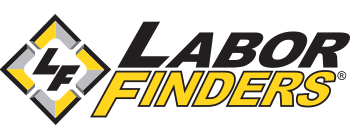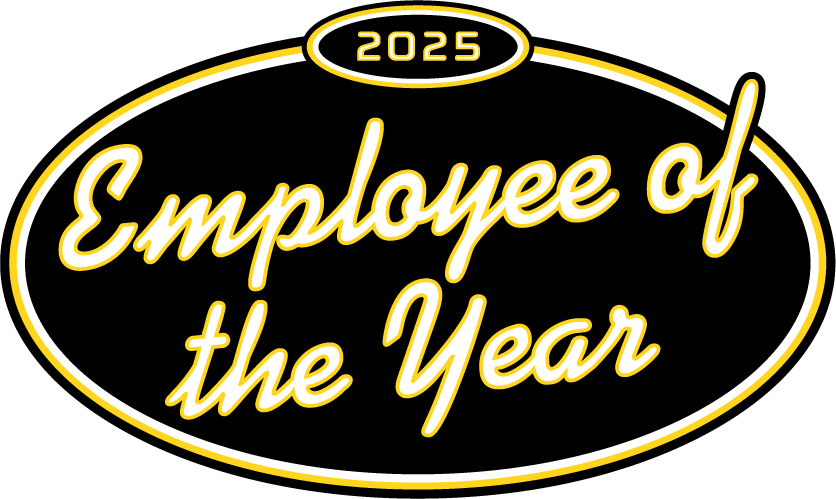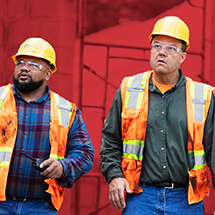-
Job Seekers
X
Job Seekers
Whether you're looking for a temp job or a permanent career, Labor Finders has you covered!
-
Explore
- How it works
- Industries
- Blog
- Locations
- Job Search
You May Also Be Interested In

2025 Employee of the Year
Learn more about our amazing Employee of the Year
-
-
Employers
X
Employers
Let us help you find the workers you need, when you need them.
You May Also Be Interested In
-
Industries
X
Employer Industries
Ready to staff your next project? Our staffing experts has the knowledge and the workers to cater to your unique staffing needs.
In this Section:
Job Seeker Industries
From construction to waste management, we have job openings in whatever industry you’re interested in.
In this Section:
-
About
X
About You
Getting matched to the right job, gaining the flexibility you want, making an impact in your community - at Labor Finders, it’s all about you!
-
You may also be interested in
- About Us
- Job Search Results
- Find an Office
- How it works
- Blog
About Us
With almost 200 offices nationwide, we’ve been putting people back to work for over 40 years. See why we’re a leader in the blue-collar staffing industry.
-
You may also be interested in
- About Us
- Media Center
- Video Library
- Leadership Team
- Careers
- In The Community
- History
-
- Location
Employment Readiness
Where to Find Heavy Equipment Operator Jobs

Did you know there is still a high demand for heavy equipment operators? Heavy equipment operation could be your next career step if you're a reliable worker who picks up new skills quickly. Here are three industries that need people like you and may offer a path to a permanent position.
The Agriculture Industry
Thanks to corporate agricultural businesses, a lot more machines are being used to get produce from the farm to our grocery stores. That means there’s a lot more equipment to operate and maintain. That's why farms are great resources for heavy equipment operator jobs. Tractors, harvesters, and even hydraulic pumps are just a few of the farming machinery operators work with. Traveling to farms to operate equipment for planting, harvesting, and maintenance comes with this type of heavy equipment operator job.
What does work on a farm look like for heavy equipment operators? Just like farmers, their workloads vary according to seasons. Depending on the crop, spring, summer, or fall can be busy seasons. You may get plenty of overtime opportunities to boost earnings with longer shifts and seven-day schedules. On the other hand, the workweeks tend to be shorter during the colder months, giving you more family time. Many farms work with staffing agencies to find reliable operators, giving you a chance to demonstrate your work ethic before they make permanent hiring decisions.
The Construction Industry
Another popular industry for heavy equipment operators is construction. These workers are responsible for operating bulldozers, running excavators, managing crane operations, and performing routine equipment checks on a construction site. Heavy equipment mechanics may also be asked to maintain logs of all their repairs.
With this type of heavy equipment operator job, working a full-time schedule with consistent weekly pay is very common, perfect for building toward long-term financial stability. Employers in this industry value workers who show up consistently, know how to work safely, and take pride in quality work.
The Transportation Industry
Transportation businesses also look for hardworking and reliable heavy equipment operators. A freight railroad company would need heavy equipment operators to handle front loaders, excavators, and skid steers. A trucking company, on the other hand, will hire these workers to handle trucks and trailers. Like other heavy equipment operators, they work full-time schedules with opportunities for steady employment.
Each work assignment in these industries and more can teach you how to operate new heavy equipment and safety protocols. That experience can help you build a resume that opens doors to better opportunities. Many operators start as temporary workers through staffing agencies and transition into permanent roles once they prove their value to employers.













